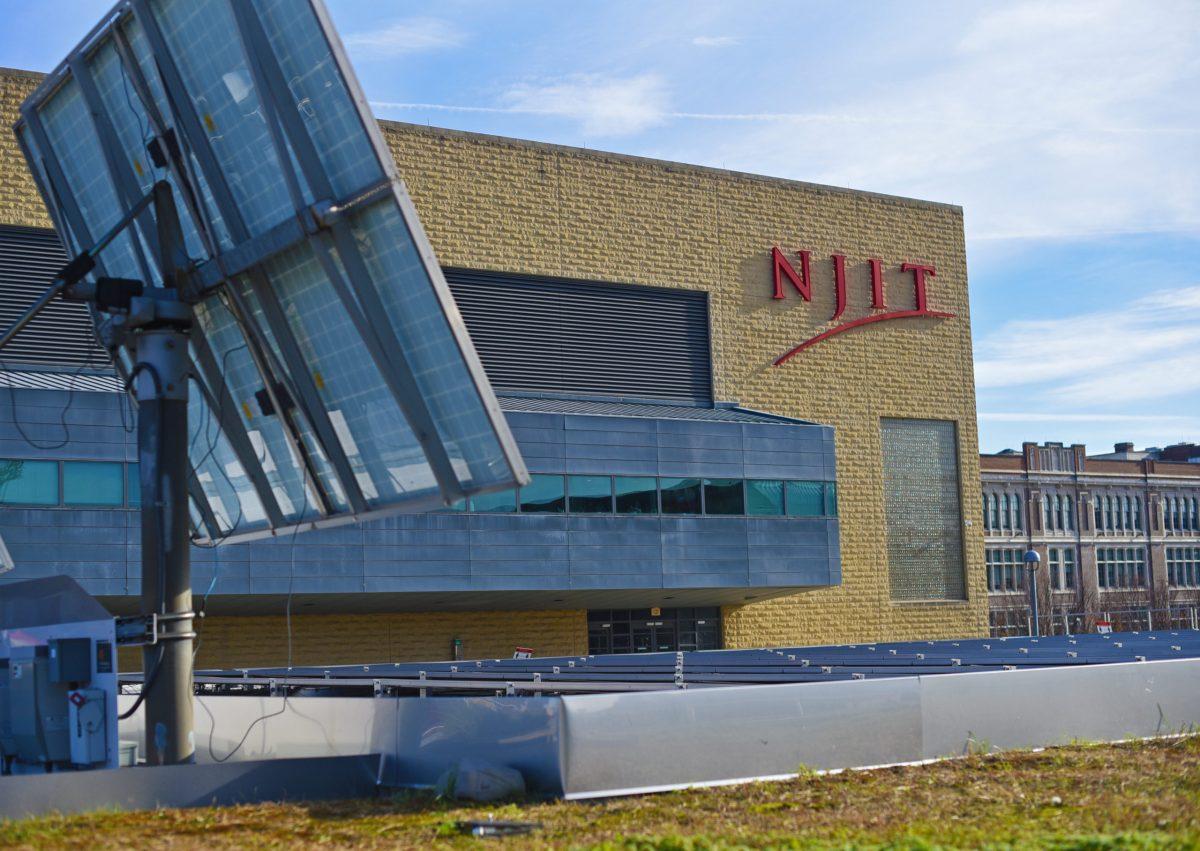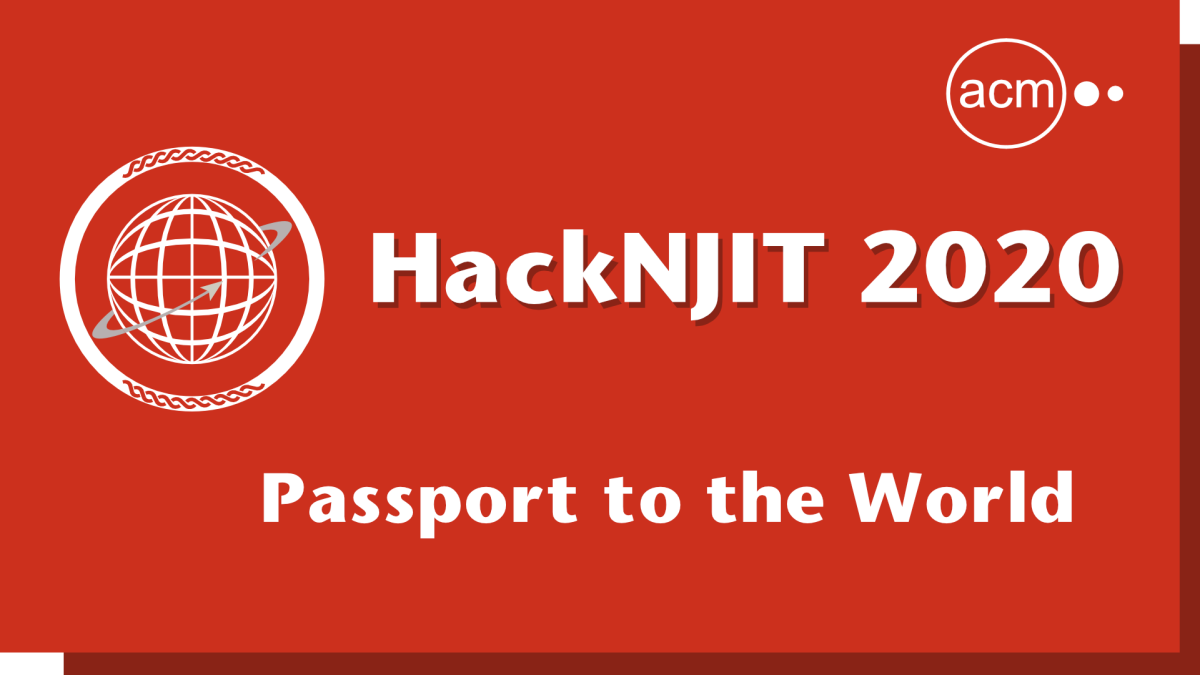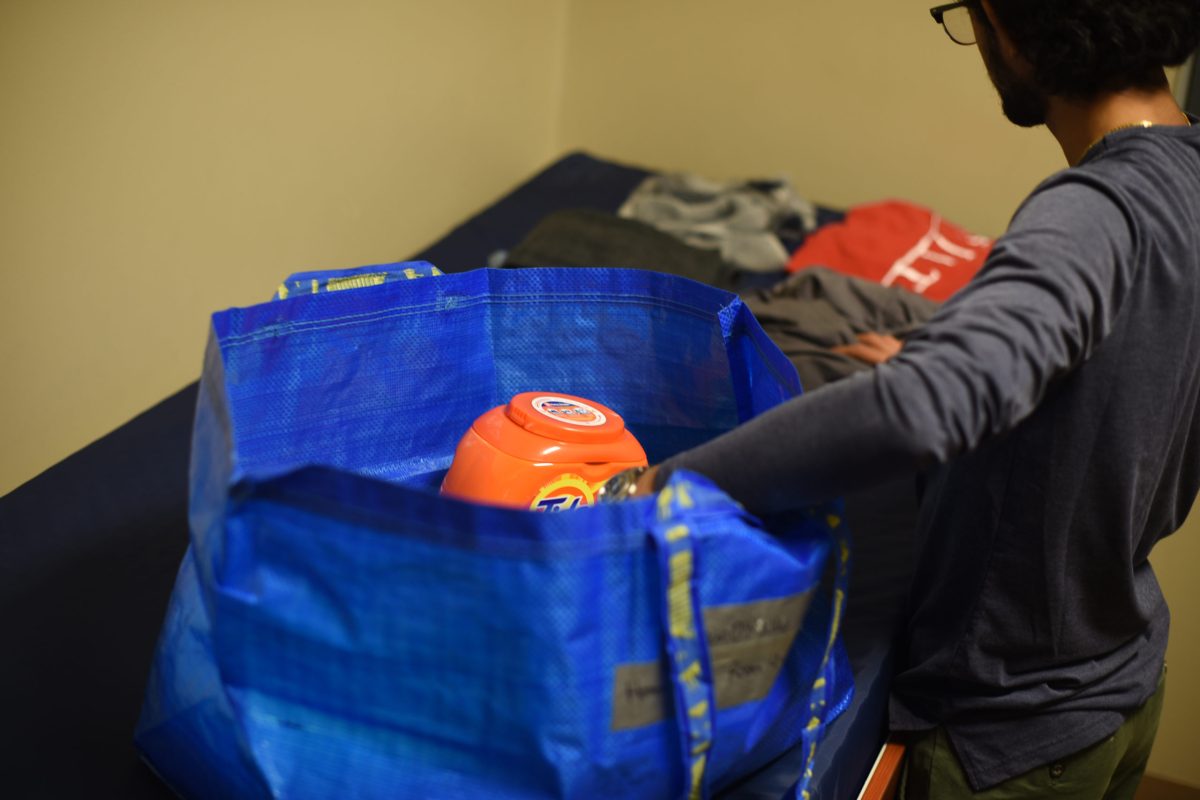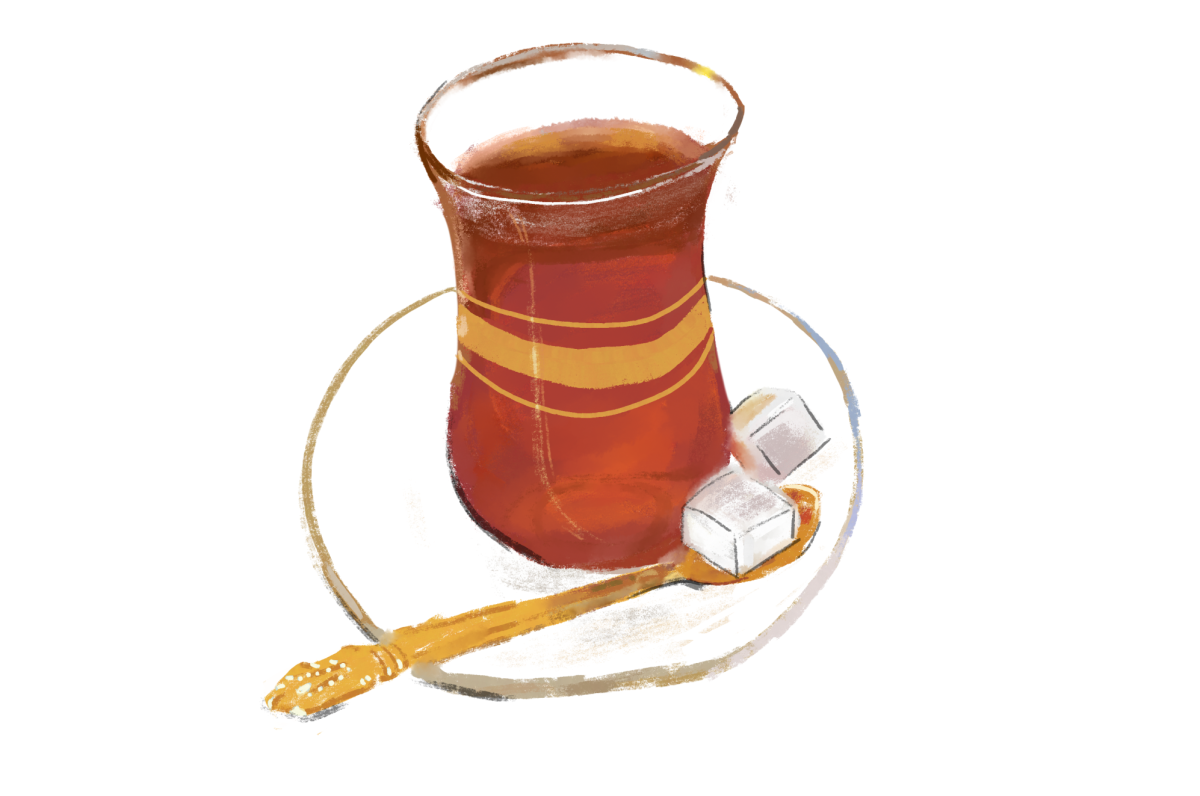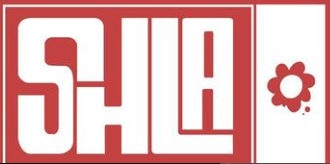Engineers Without Borders (EWB) is a club at NJIT that provides sustainable engineering solutions to underprivileged communities around the world. Current President, Matt Reda, worked to organize a trip to the commune of Milot, Haiti so they could implement their “Light Cycle” project. Reda travelled with his friend and fellow EWB member, Skyler Brazdovic, this past April.
Light Cycle was a project that EWB worked on for over two years. The idea behind Light Cycle is that an individual can ride a stationary bicycle which generates power for immediate use. EWB finished their Light Cycle project at the end of the fall 2015 semester, but the version was not as efficient as it could have been. This past year, EWB was given more funding for the Light Cycle, which allowed Reda and Brazdovic to create an even more efficient model of the bike.
In Milot, Reda was shocked to see how the locals used their phones: “It’s for information, getting a phone call, et cetera,” he said. “I also noticed an addiction similar to what we have here, they’re just a bit behind on that. But they would rather have their phone over other necessities. They’re not really playing games as far as I can tell—it’s just making phone calls and texting people.” Their phone patterns resemble the early days of cellphone usage in America. Reda even noticed, “their phones are like what we had in ~2000’s.”
The problem with phone usage in Haiti is finding a place to charge. A typical resident of Milot would have to either know one of the few people with electricity, or pay for a 30-minute trip into town. The residents of Milot specifically requested EWB’s assistance and installation of the Light Cycle so they could charge their phones without leaving town. Reda and Brazdovic spent about a week in Haiti, meeting locals and setting up the Light Cycle station. Reda said, “We set up the charging station to charge as fast as humanly possible. It shouldn’t take more than 30-45 minutes to charge theirbiggest phones.”
Maintenance of the Light Cycle will prove to be a problem. Without an engineer on standby, a local named Toto was shown how to keep the Light Cycle running well. Toto was shown how to properly grease the machine and prevent overheating. Ideally, greasing should prevent any severe damage caused by overheating due to overuse of the bike. Reda warned, however, that “they have to really overheat it to melt the plastic gear inside. The other way to kill it, is to overdraw power, meaning they try to stick a splitter into it, or multiple chargers. But that shouldn’t happen.” Despite these possibilities, Reda remained confident in the Light Cycle’s durability. He said about EWB’s testing, “We purposely overheated it to see what would happen, then we added grease to it and everything was fine again.”
Reda’s trip to Milot seemed to be eye-opening: “I experienced something totally new,” he said. “We’re living in the heart of Newark, in the midst of poverty, but it’s a different kind of poverty. The people in Haiti live off what’s given to them. The culture of Haiti is way different than anything I’ve experienced before.”
The culture of Ecuador will likely pose a similar shock to the EWB team, which is where the team’s future currently lies. EWB recently was linked to the community of Grande Maca, Ecuador, where residents are tasked with traveling long distances to get clean water. The EWB team is in the process of learning more about the issue, and plans on designing something to solve—or at least ease—their problem.
EWB Meetings take place every Thursday in Colton Hall, Room 210 between 6-7PM, and are open to interested students from all majors.
































